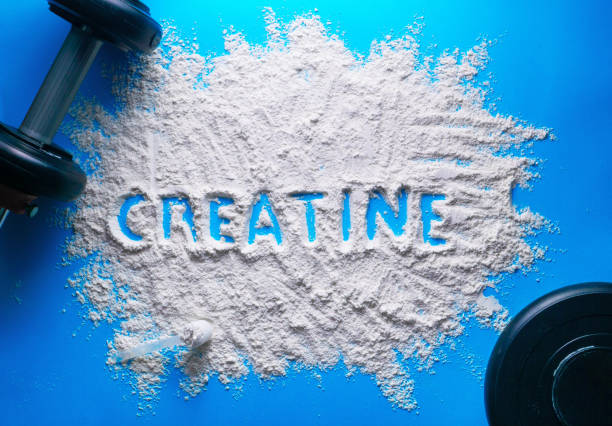Creatine: Benefits, Usage, and Considerations
Table of Contents:
1. Introduction
2. What is Creatine?
3. Uses and Benefits
4. Who Needs to Take Creatine?
5. Potential Side Effects and Conditions
6. Considerations When Taking Creatine
7. Conclusion
1. Introduction:
Creatine, a popular supplement in the fitness world, has garnered attention for its potential to enhance athletic performance and muscle growth. However, understanding its uses, benefits, and potential risks is crucial for safe and effective supplementation.
2. What is Creatine?:
Creatine is a naturally occurring compound found in small amounts in foods like meat and fish. It plays a vital role in energy production, particularly during short bursts of high-intensity activities, by replenishing adenosine triphosphate (ATP) stores in muscles.
3. Uses and Benefits:
Enhanced Athletic Performance: Creatine supplementation has been shown to increase strength, power, and exercise capacity, making it a popular choice among athletes and fitness enthusiasts.
Muscle Growth: By promoting protein synthesis and cell volumize, creatine aids in muscle hypertrophy, leading to improved muscle size and strength.
Neurological Health: Emerging research suggests that creatine may benefit cognitive function and neurological conditions like Parkinson’s disease and depression.
4. Who Needs to Take Creatine?:
Athletes: Individuals involved in high-intensity sports or resistance training can benefit from creatine supplementation to improve performance and recovery.
Vegetarians and Vegans: Since creatine is primarily found in animal products, vegetarians and vegans may have lower natural creatine levels and could benefit from supplementation.
Aging Population: Creatine supplementation may help counteract age-related muscle loss and decline in physical function.
5. Potential Side Effects and Conditions:
Dehydration: Creatine can draw water into muscle cells, potentially leading to dehydration if adequate hydration is not maintained.
Gastrointestinal Distress: Some individuals may experience stomach discomfort, bloating, or diarrhea when taking creatine supplements.
Kidney Concerns: While research is inconclusive, individuals with pre-existing kidney conditions should consult a healthcare professional before supplementing with creatine.
6. Considerations When Taking Creatine:
Dosage: A typical loading phase involves consuming 20 grams of creatine per day for 5-7 days, followed by a maintenance dose of 3-5 grams per day.
Hydration: Maintaining proper hydration is essential when supplementing with creatine to prevent dehydration and optimize performance.
Quality and Purity: Choose reputable brands that offer high-quality creatine monohydrate to ensure safety and effectiveness.
Combination with Other Supplements: Creatine may be combined with carbohydrates or protein for enhanced uptake and benefits.
7. Conclusion:
Creatine is a potent supplement with well-documented benefits for athletic performance, muscle growth, and potentially neurological health. However, users should be aware of potential side effects and consider individual circumstances before incorporating creatine into their regimen. Consulting a healthcare professional is advisable, especially for those with pre-existing medical conditions or concerns. With proper dosage, hydration






